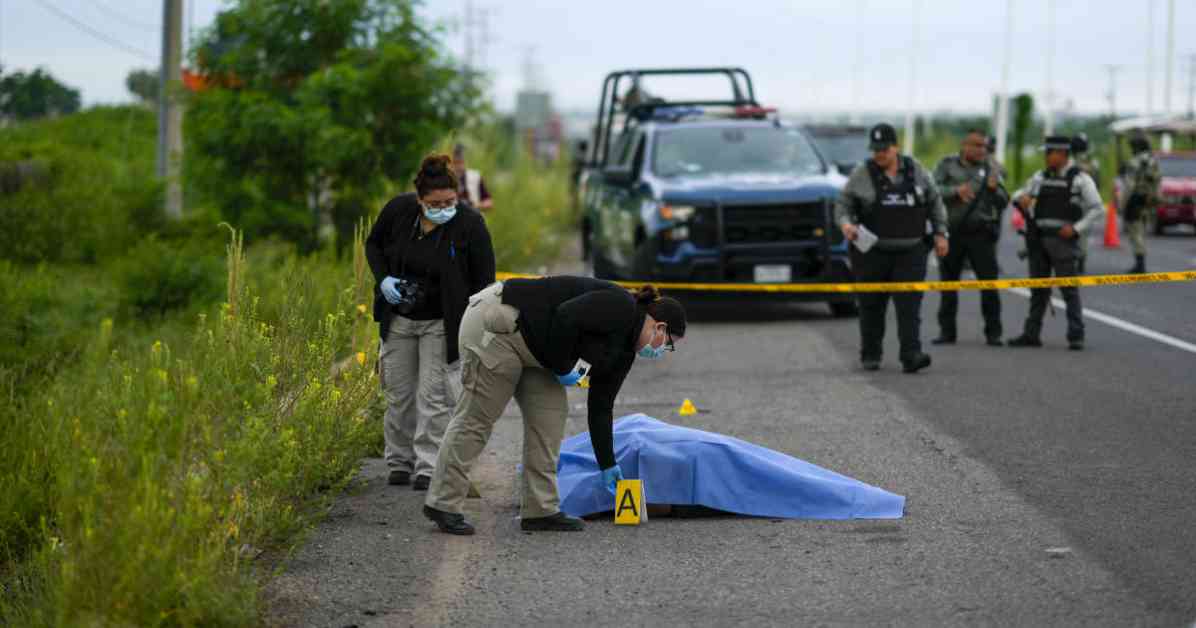Cellphone conversations have deadly consequences in the ongoing violent conflict within the Sinaloa drug cartel in Mexico. Members of the cartel are stopping individuals on the streets or in their cars, demanding their phones. If they discover any contact linked to a rival faction or any incriminating messages or photos, it often leads to the death of the phone owner. This has instilled fear among the residents of Culiacan, the capital of Sinaloa state, to the point where they are hesitant to leave their homes at night or even venture to nearby towns.
Veteran journalist Ismael Bojórquez highlighted the severity of the situation, stating that leaving the city, even in broad daylight, poses a significant risk as cartel members conduct phone searches at roadblocks. The repercussions extend beyond individual phone owners, as a single bad contact within a group of travelers can result in the kidnapping of the entire group. An example of this was seen when the son of a local news photographer was abducted along with two other individuals due to incriminating evidence found on one of their phones.
The recent escalation of violence in Culiacan, triggered by the arrest of Sinaloa cartel leaders Ismael “El Mayo” Zambada and Joaquín Guzmán López, has left residents reeling. The power struggle between Zambada’s faction and the “Chapitos” group, led by the sons of imprisoned drug lord Joaquin “El Chapo” Guzmán, has resulted in a month-long battle marked by extreme brutality. The emergence of a new generation of drug lords, characterized by their aggressive tactics of kidnapping and cellphone surveillance, has intensified the conflict.
This shift in strategy has led to a surge in armed carjackings, with smaller sedans being targeted for covert kidnappings. The use of tactics like puncturing tires with bent nails and orchestrating coordinated abductions has created an atmosphere of fear and uncertainty in Culiacan. The State Council on Public Safety reported alarming statistics of daily killings and disappearances, prompting hundreds of families to flee the city in fear.
The inadequate response from the government, blaming the United States for the chaos and deploying army troops, has not alleviated the situation. Civilians, including civic activist Estefanía López, have expressed disillusionment with the authorities’ ability to restore peace and security. The impact of the violence is evident in the closure of numerous businesses and the loss of thousands of jobs, further exacerbating the economic strain on the community.
As the violence shows no signs of abating, residents are left with limited options for escape, with air travel being the only viable choice for those who can afford it. The once vibrant city of Culiacan now stands as a testament to the brutal reality of cartel warfare, where fear and uncertainty have become the new norm.























